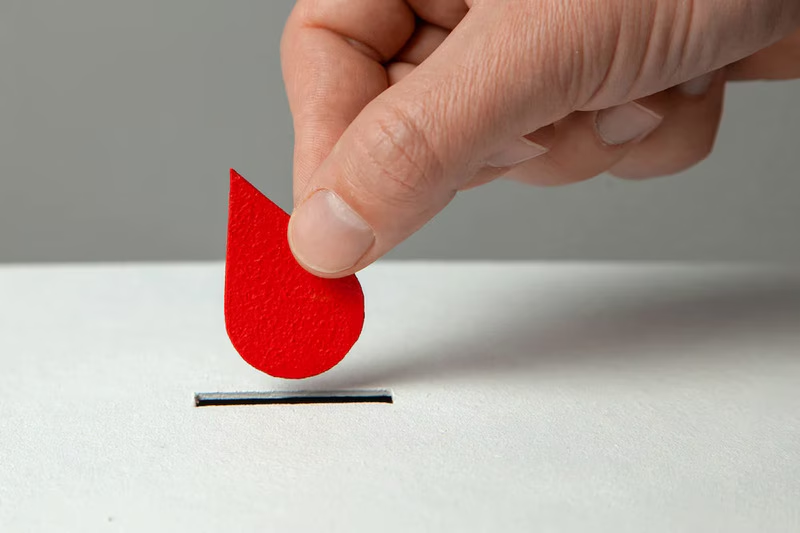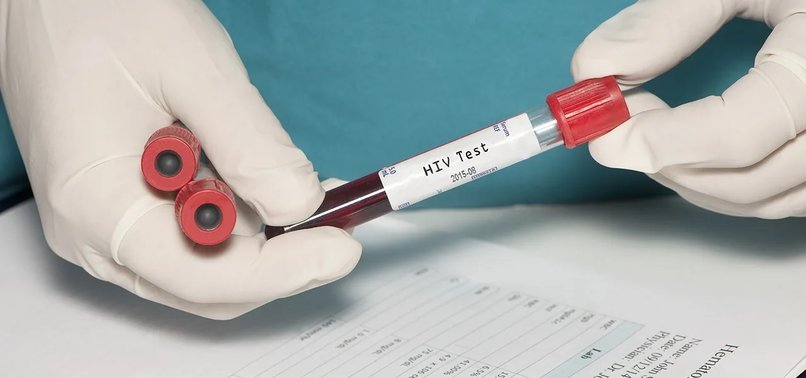Now Reading: Developing Universal Artificial Blood
-
01
Developing Universal Artificial Blood
Developing Universal Artificial Blood

In a breakthrough that could transform emergency medicine and rural healthcare access, scientists are moving closer to developing universal artificial blood — a substitute compatible with all blood types. This innovation could potentially overcome critical shortages in blood supply, especially in countries like India, where demand often exceeds availability in Tier 2 and Tier 3 cities.
The Concept of Artificial Blood
Artificial blood, also known as a blood substitute, aims to replicate the oxygen-carrying function of human blood without the limitations of blood type compatibility. Unlike donated blood, which requires strict matching and storage conditions, universal artificial blood could be used immediately, reducing delays in life-saving treatments.
Researchers are currently experimenting with synthetic hemoglobin and bioengineered cells to create a stable, safe, and scalable version of this substitute.
Why It Matters for India
In India, blood shortages remain a major public health concern. According to health estimates, the country faces a shortfall of millions of units of blood annually. The issue is more acute in smaller cities and rural areas where blood banks are under-resourced or absent altogether.
Artificial blood could bridge this gap, offering a ready-to-use solution during surgeries, accidents, and childbirth — particularly where immediate transfusions are needed and matching donors are unavailable.
Potential Challenges
Despite the promise, several challenges lie ahead. The biggest hurdle remains ensuring safety and compatibility within the human body. Artificial blood must not only transport oxygen efficiently but also avoid triggering immune responses or other complications.
Additionally, large-scale production must meet rigorous health regulations, and affordability will play a crucial role in making the product accessible, especially in resource-limited settings.
Global Progress and Indian Research
While countries like the US and Japan are leading clinical trials, Indian research institutions are also exploring similar pathways. Collaborations between biotech firms and government health bodies could accelerate local innovation, ensuring that once available, the product is adapted to India’s specific healthcare needs.
A focus on indigenously developed artificial blood could also reduce dependence on imports and help meet the domestic demand more sustainably.
Conclusion: A New Chapter in Healthcare
The development of universal artificial blood marks a significant leap in medical science, with the potential to reshape emergency care, particularly in underserved regions. For India, where healthcare access remains uneven across states and cities, this innovation could save countless lives. While commercial use may still be a few years away, the groundwork being laid today promises a future where blood scarcity is no longer a barrier to survival.

























